Unique Identity ID:
C63YA76VK6W9
Unique Identity ID:
C63YA76VK6W9
Unique Identity ID:
C63YA76VK6W9

Essential Leadership Traits for Managing Large Construction Projects
While technical knowledge and strategic thinking are crucial, certain leadership qualities can make all the difference when managing programs. In this blog post, we'll delve into the essential leadership qualities that can help you steer your construction program towards success. Drawing upon personal experience and insights from multiple sources, we'll explore key attributes such as visionary thinking, effective communication, decisiveness, collaboration, empathy, problem-solving, integrity, and risk management.
Successfully navigating the intricacies of large-scale construction programs requires a blend of technical knowledge, strategic thinking, and strong leadership qualities. Here are the essential leadership qualities based on experience and supported by multiple sources:
1. Visionary Thinking
Strategic Vision: Effective leaders have a clear vision for the project and the strategic steps needed to achieve it. They set long-term objectives and inspire their teams to work towards these goals.
Innovation and Adaptability: Leaders must be open to innovation and adaptable to changing circumstances. This helps in navigating unexpected challenges and leveraging new opportunities.
Source: Northouse, P. G. (2018). Leadership: Theory and Practice.
2. Effective Communication
Clear and Transparent Communication: Leaders must communicate clearly and transparently with all stakeholders. This includes providing regular updates, clear directives, and maintaining an open-door policy for feedback.
Active Listening: Being a good listener helps in understanding stakeholder concerns, fostering collaboration, and building trust.
Source: Goleman, D. (1998). Working with Emotional Intelligence.
3. Decisiveness
Timely Decision-Making: Leaders need to make informed decisions promptly. This involves assessing risks, weighing options, and making choices that align with project goals.
Confidence and Accountability: Leaders should be confident in their decisions and hold themselves accountable for the outcomes.
Source: Maxwell, J. C. (2007). The 21 Irrefutable Laws of Leadership.
4. Collaboration and Team Building
Building Strong Teams: Successful leaders build cohesive teams by recognizing individual strengths, fostering teamwork, and creating a positive work environment.
Conflict Resolution: Leaders should have the skills to manage and resolve conflicts effectively, ensuring that the team remains focused and productive.
Source: Lencioni, P. (2002). The Five Dysfunctions of a Team: A Leadership Fable.
5. Empathy and Emotional Intelligence
Understanding Stakeholder Needs: Empathy allows leaders to understand and address the needs and concerns of stakeholders, which is essential for maintaining strong relationships.
Emotional Regulation: Leaders with high emotional intelligence can manage their emotions and stress, maintaining composure and effectiveness under pressure.
Source: Covey, S. R. (1989). The 7 Habits of Highly Effective People.
6. Problem-Solving Skills
Analytical Thinking: Leaders must be adept at analyzing complex problems, identifying root causes, and developing effective solutions.
Creativity: Creative problem-solving helps in finding innovative solutions to challenging issues.
Source: Ancona, D., Malone, T. W., Orlikowski, W. J., & Senge, P. M. (2007). In Praise of the Incomplete Leader. Harvard Business Review.
7. Integrity and Ethical Leadership
Honesty and Ethics: Leaders must demonstrate integrity by being honest, ethical, and transparent in all dealings. This builds trust and sets a strong example for the team.
Consistency: Consistent behavior and decision-making reinforce trust and reliability among team members and stakeholders.
Source: Sinek, S. (2009). Start with Why: How Great Leaders Inspire Everyone to Take Action.
8. Risk Management
Proactive Risk Management: Effective leaders are proactive in identifying potential risks and developing mitigation strategies.
Resilience: The ability to remain resilient and composed in the face of setbacks is essential for navigating complex projects.
Source: PMI. (2017). A Guide to the Project Management Body of Knowledge (PMBOK Guide) – Sixth Edition.
Looking for more insights and resources to help you effectively manage complex programs and stakeholder alignment? Check out our iPrograms podcast, where we delve into the latest trends, best practices, and real-world experiences in project management. Our expert guests share valuable lessons learned and practical tips to help you navigate the complexities of interconnected schedules and diverse stakeholder interests. Tune in to the iPrograms podcast today to expand your knowledge and stay ahead in the fast-paced world of project management.
You can find the iPrograms podcast on popular platforms such as:
Don't miss out on this valuable resource – subscribe to the iPrograms podcast today and start enhancing your project management skills!

Dr. William T Bersing, DM, PE, CCM
Dr. Bill Bersing, DM, PE, CCM, serves as our President and is a registered Professional Engineer in Virginia. He specializes in construction scheduling, cost control, and Construction Management Information Systems. With 30 years of experience, Dr.Bersing has built his career on the successful execution of large construction programs and providing full-time support on programs in the US, Puerto Rico, Europe, Africa, and the Middle East.

